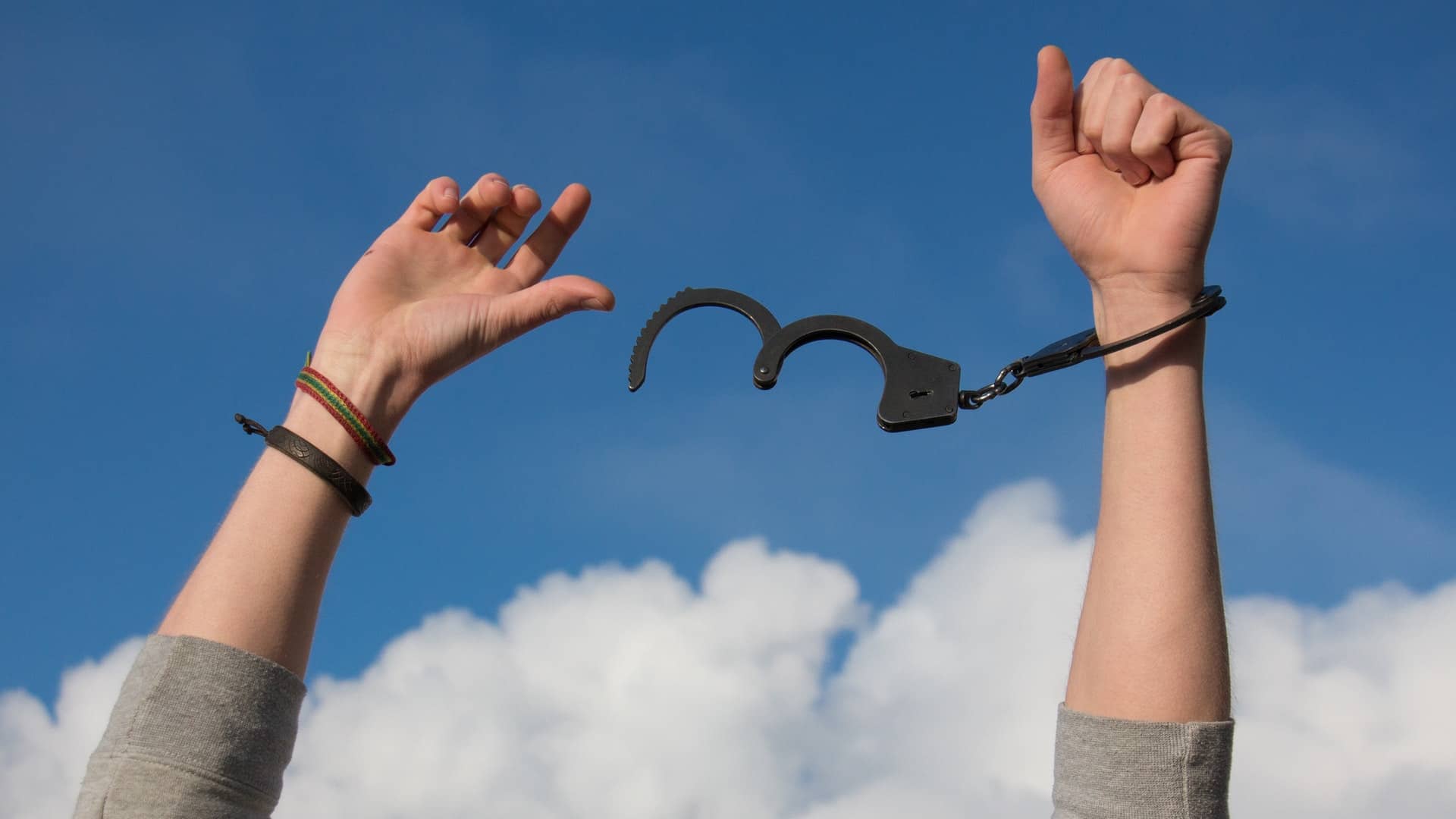How Does Bail Work? Staying Out of Jail While You Await Trial

After an arrest, your first thought is likely, “How do I get out of here?” Many people mistakenly believe that bail is a type of punitive fine, but posting bail money is actually an agreement between you (the arrested individual) and the court. In exchange for this money, you get out of jail while your case is pending. And, you agree to attend all of your court dates.
If you don’t show up for your court appearances, you lose your bail money. If you follow through with all of your court dates, you will get your bail money back, minus certain court fees.
How Is the Bail Amount Determined?
Bail is determined in one of two ways:
- The jurisdiction may have a set bail schedule for minor offenses. That allows you to post bail immediately without having a special hearing before a judge.
- Or, the judge will set the bail amount. This means you could spend a day or two in jail until a bail hearing. Judges typically don’t work on weekends or holidays. When a judge determines your bail amount, they’ll consider:
– The severity of the charges
– Your ties to the community
– Whether you are a flight risk
– Any prior criminal history
– Your risk of reoffending while out on bail
In theory, there are limits to how much bail can be. But in reality, some judges can and do set bail amounts that are more than an individual could reasonably be expected to pay. That means that some individuals who face criminal charges may be unable to pay their bail.
How Does Bail Work if You Can’t Afford to Pay?
In Ohio, if you can’t afford to pay your bail, you may have some other options:
- You might be able to petition the judge to lower the bail amount.
- You can ask a friend or family member to post your bail.
- A third-party bail bond company may be able to help you.
Many individuals will exhaust all of their options in order to post bail. That allows them to continue to work and attend to their family commitments.
How Does a Bail Bond Company Work?
If you can’t pay your entire bail, you may be able to work with a third-party bail bond company. In exchange for a fee, these companies will assume the financial risk if you don’t make your court appearance. Each bail bond company may work a little differently, but the general premise is the same.
- You pay the bail bond company a fee that is a set percentage of your bail. In Ohio, this is mandated to be 10% exactly. So, if your bail is set at $10,000, you must pay the company $1,000.
– You get out of jail and agree to make all of your court appearances.
– Bail bond companies are for-profit businesses. As such, you typically do not get any of this fee back. Make sure you understand all of the terms of your bail bond agreement. - In addition to the fee, a bail bond company may require you to have a cosigner. If you don’t show up for your court appearance, the bond company will hold your cosigner responsible for your bail.
- Bail bond companies may also ask for some type of collateral. Your collateral could be the title to a car, home, or land that you own outright.
If you are arrested outside of Ohio, you should be aware that third-party bail bond companies don’t operate in every state.
What Is the Difference Between “Bond” and “Bail”?
You might hear people use “bond” and “bail” interchangeably. These terms are often confused because they both result in the same thing: the accused gets out of jail while their criminal case is pending. However, bond and bail are two different things.
- Bail is the money that you must pay to get out of jail while your case is active.
– If you pay your own bail and attend your court appearances, the court refunds your bail money minus certain court fees. - A bond is money posted by a bail bond company to get you out of jail.
– As mentioned above, these third-party companies charge a fee for their service. They may also require some type of collateral.
In the end, it all comes down to who pays to get you out of jail. If you, a friend, or a family member pays, it’s called bail. If a bail bond company pays, it’s called a bond.
What Is a Signature or Personal Bond?
In some cases, a judge won’t require a person to post cash bail for minor offenses. Instead, they must agree to certain terms as a condition of their release. They sign a document and are free to go. A signature bond is also referred to as being “released on your own recognizance.”
Can a Judge Ever Refuse Bail?
Yes. If the charges are severe and the judge feels there is a public threat, an individual may not be given the option to post bail. That means they will stay in jail throughout their trial.
Get Legal Help After an Arrest
If you have been arrested, you need to get back to work and your family, so you will want to secure bail as fast as possible. You will also need to find a criminal defense lawyer to represent you in court and to petition the judge to lower your bail amount. Contact us today for a free consultation and to learn about your legal rights after an arrest.



